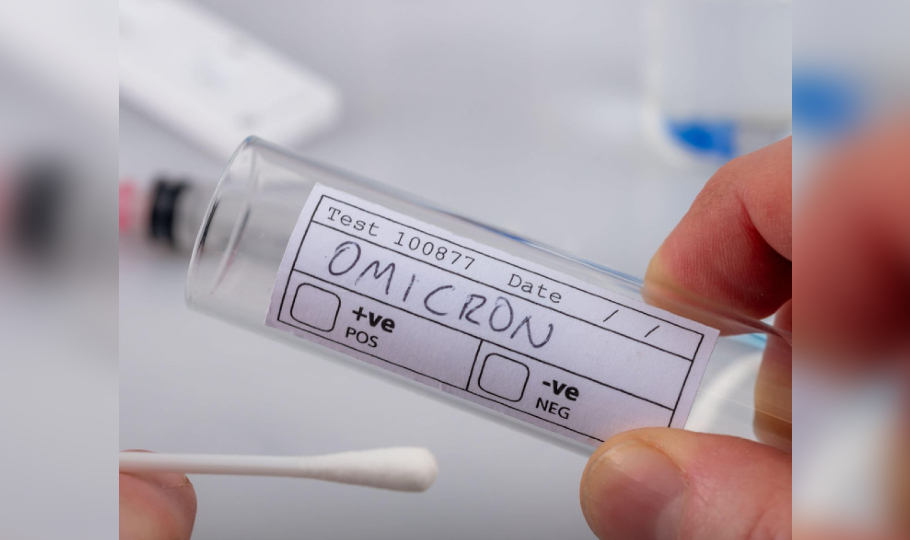
What after Omicron?: New COVID variant inevitable, say scientists

Now that infection rates have slumped and countries are lifting restrictions, allowing travel and opening up their economies, the question that lingers in everyone’s mind is – Will there be another variant after Omicron?
Yes, answer scientists. Even though the next SARS-CoV-2 variants may have varying degrees of immune evasion, their emergence in the future is inevitable, they say.
Mild or deadly?
In an interaction with Deseret News, Dr Robert Quigley, an infectious disease expert and senior vice president of International SOS, a well-known medical and security services company, said that given the constantly-evolving nature of the coronavirus and the accessibility of hosts (unvaccinated people), there is every possibility that a new variant is in the offing.
Moderna CEO Stephane Bancel recently said that there is a 20 per cent chance that a dangerous variant may emerge in the near future. He said that while there is an 80 per cent chance that future variants would be manageable in terms of severity and vaccine production, the world needs to be cautious about the ones that could be highly virulent.
Much before the Omicron variant was detected, scientists in August 2021 had floated a similar theory, stating that a potential “doomsday COVID variant” is likely in the future, especially because of the unvaccinated population.
“There’s simply no way you can have such low rates of vaccination around the world with the virus ping-ponging between vaccinated and unvaccinated people. I’m an immunologist. The probability of us seeing a vaccine-resistant strain is very high,” Dr Mark Dybul, an immunologist and professor, Georgetown University Medical Center’s Department of Medicine told Fortune.
While Omicron, the last-known variant and its sub-variants are known to be less likely to cause severe diseases than previous variants like Delta, scientists say there is no guarantee that the next variant will be a product of the mild lineage. So far the evolutionary path of SARS-CoV-2 has been unclear and variants of concerns have not evolved from a single dominant lineage but separate lineages.
“It is possible that a later variant may be back to a Delta or Alpha lineage, with sufficient immune evasion to sweep Omicron away,” Andrew Rambaut, who studies viral evolution at the University of Edinburgh told Nature magazine.
No fixed pathway
Scientists, however, say there is no way to know when the next variant would emerge and replace the current dominant – or become a variant of concern.
Andrew Page, a bioinformatician at the Quadram Institute in Norwich, UK, told Nature that while scientists, after the massive outbreak of the Delta variant across the world, were tracking a host of sub-variants which were fighting for dominance, Omicron came along unannounced and “just blew up”.
He says, given the past emergence of variants, there is a high chance that a new variant will sweep through every few months. An apt example is the BA.2 variant of the Omicron lineage that is replacing the original BA.1. Scientists say the replacement is not very dissimilar from the original variant which triggered a fresh wave of infections across the globe earlier this year.
Will vaccines work?
Even though the 54 mutations in Omicron’s genome makes it immune to COVID-19 vaccine, protection against severe diseases seems to have remained high and may be the case for future variants too. Scientists have also noticed a slight decline in the ability of immune cells or T cells to recognise the virus even though the spike mutations of Omicron have weakened the antibody defences. When the antibodies are weakened, the T-cells take the responsibility to limit a virus’s spread by killing infected cells. However, Burgers says there is a likelihood of a T-cell escape by a future variant, even though it may take time.

